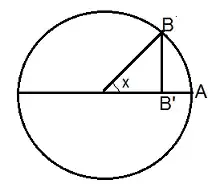The limit to be found is
$$ \lim_{x\to 0}\frac{\sin(x)\arcsin(x)-x^2}{x^6}$$
I've tried l'hopital rule but it gets really messy. I've also tried splitting it into 2 limits but that doesn't work. I can't think of any meaningful substitution either.
PS: I know the answer $1/18$ but I'm interested in the method. Thank you.
